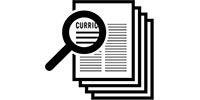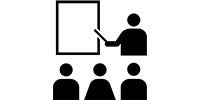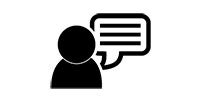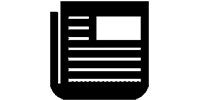Why is this program important?
- Experiences of past and current gender-based violence are common among women. These women usually represent ethnic minority groups or those who have few income resources.
- However, programs that provide strategies to reduce risk taking practices and symptoms of post-traumatic stress (PTS) and depression and welcome the discussion of cultural beliefs and values that can contradict or support risk reduction efforts are not widely available. Programs like these are also not usually available for HIV positive women and those at risk.
- The Office of Women’s Health Gender Forum has made several recommendations that respond to the National HIV/AIDS Strategic Implementation Plan.
- They recommend that gender-based violence prevention be incorporated in a comprehensive, gender-responsive national strategy.
- Healing our Women is a community based treatment program for HIV positive and at risk women.
- The program was piloted and developed primarily for African American and Latina/Hispanic women in English or Spanish illustrates how violence prevention and sexual risk reduction can be achieved with peer-led (high school educated) staff and programming to reduce symptoms of PTSD, depression and to increase medical adherence.
- We believe that strong community partnerships, responsiveness to community needs and local cultural norms, a trained workforce and culturally competent care are programmatic cornerstones of gender-responsive services. This program should be offered to women before they are enrolled in existing risk reduction programs in order to better prepare them to protect their psychological well-being and to reduce unwanted outcomes of disease transmission
- Women with histories of gender-based violence deserve the highest quality services to ensure that they can address their health needs safely and respectfully.
There are four components of HOW:
|
|
1. Screening These questions will ensure women are eligible to participate in the program |
|
|
|
|
|
3. Training Teaches 2 faciliators how to run group sessions and what to say during the sessions.
|
|
|
4. Evaluations
|
|
|
5. Articles These are articles that have been written about HOW and its effectiveness with HIV-positive women, women at risk, and young women. |








